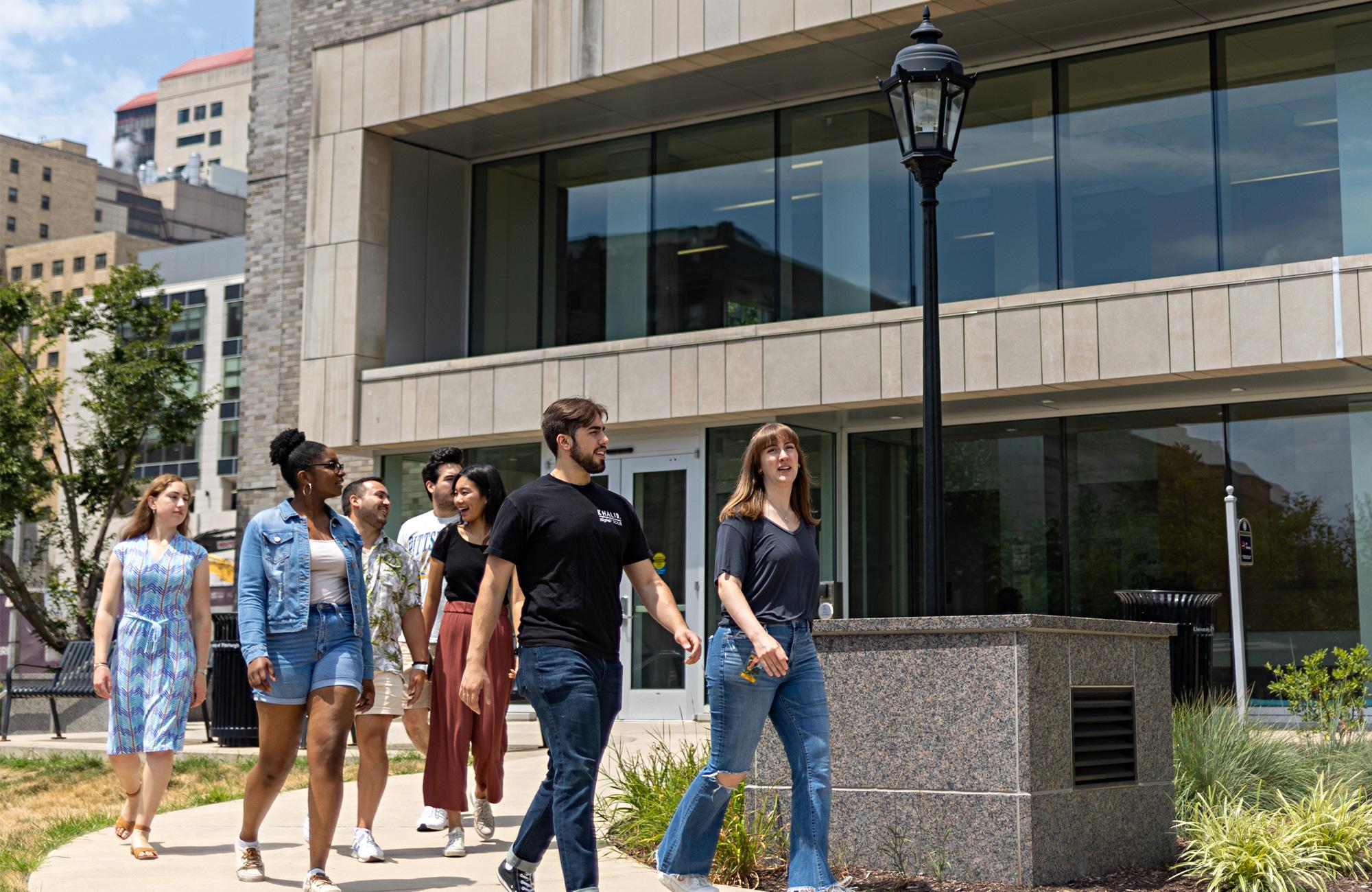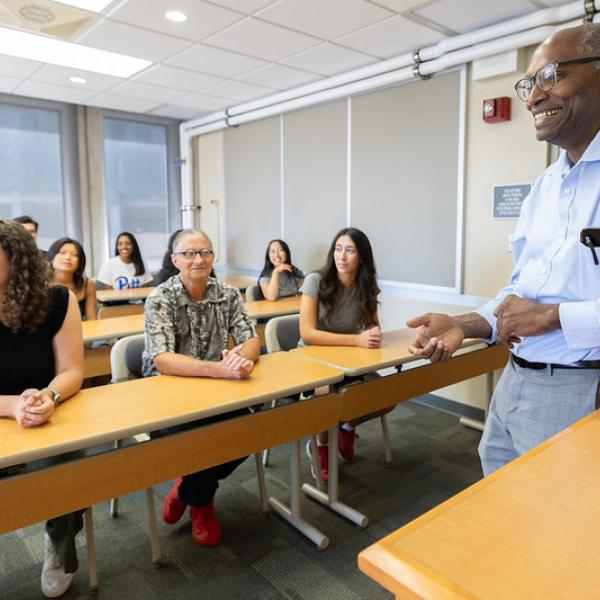
Shaping Healthier Environments
Environmental and occupational health examines how our surroundings impact human health. Through research and education, we explore how environmental exposures in air, water, and living or working spaces contribute to acute and chronic health conditions. This drives our scientists to find solutions for a healthier global community.
Our flexible programs will prepare you to:
- Develop critical thinking, define your interests, and build community.
- Collaborate with environmental agencies, nonprofits, and medical institutions.
- Lead initiatives for clean air, water, safe workplaces, and sustainable communities.
- Respond to environmental contaminants by assessing exposure, response, and susceptibility.

Did you Know?
Rooted in the response of our founders' want to address blatant environmental and occupational health issues of our region, we continue to respond to the challenges of today and to anticipate those of the future. According to the Bureau of Labor Statistics, environmental science and protection technicians (including health) are:
Projected to experience...
Projected to see...
Considered to...
Sally Wenzel's research focuses on asthma and environmental lung health.
Pitt Public Health's vision of informed, empowered and healthy populations as explained through our mission and strategic plan goals.
The Department of Environmental and Occupational Health seeks scientific insights that improve human health through clean air, clean water, safe food, safe workplaces and sustainable communities for all.



